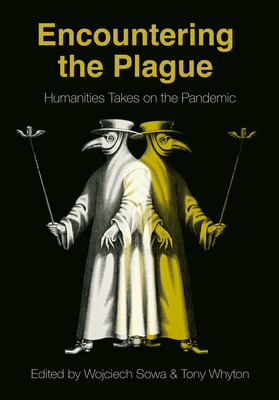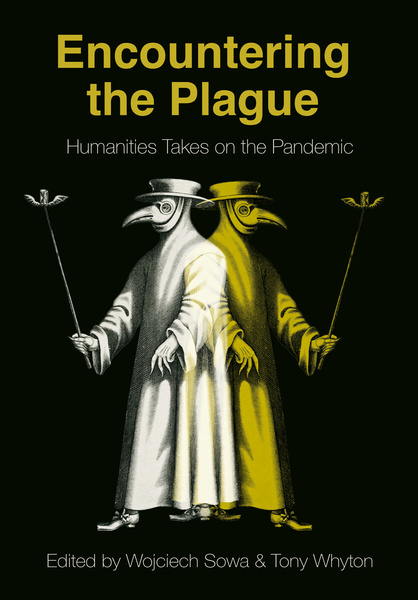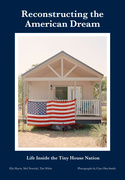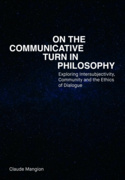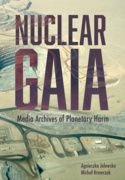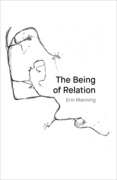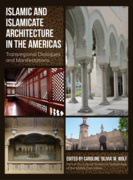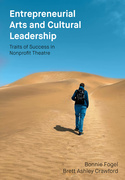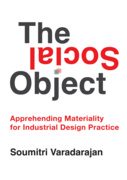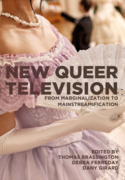Encountering the Plague (Book)
Humanities Takes on the Pandemic
Encountering the Plague explores human responses to epidemics, past and present, through the lens of different humanities disciplines. The book demonstrates how the humanities can play a meaningful role in key social and political debates, enriching our understanding of human responses to epidemics through time. 20 illus.
Edition
This edited collection features fourteen newly commissioned articles, each of which responds to the theme of plague from different disciplinary perspectives. Contributors focus on the effects of COVID-19 on everyday life, drawing also on insights from different historical experiences of plague as a way of exploring human responses to epidemics, past and present.
Each chapter opens with a different illustration that serves as a source for subsequent discussion, enabling readers to make connections between everyday objects, experiences, and broader critical debates about plague and its impact on humanity. Thought-provoking commentaries stem from a variety of humanities disciplines including archaeology, electronic literature, history, linguistics, media and cultural studies, and musicology.
Encountering the Plague explores ways in which humanities research can play a meaningful role in key social and political debates, and provides compelling examples of how the past can inform our understanding of the present.
Wojciech Sowa is Chair of the HERA JointResearch Programme Board and Professor withinthe Institute of Classical Philology, Jagiellonian University, Poland.
Tony Whyton is Professor of Jazz Studies at Royal Birmingham Conservatoire, Birmingham City University UK. From 2017-2023, he worked as a Knowledge Exchange and Impact Fellow for the Humanities in the European Research Area.
Acknowledgements
Contributor biographies
List of illustrations
INTRODUCTION
- Encountering the Plague
Wojciech Sowa and Tony Whyton
RITUALS AND RITES, RIGHTS AND BEHAVIOURS
- Heritage, Escapism and Anxiety: Visits to Corfe Castle During the COVID-19 Pandemic
Jo Sofaer
- Ritualization of ‘Distance’ in Christian Liturgy During the Plague
Piotr Roszak and Piotr Pawel Orlowski
- Protesting in defence of human rights in the time of pandemic: Freedom of assembly and COVID-19
Grażyna Baranowska and Aleksandra Gliszczyńska-Grabias
PLAGUE IN HISTORY
- Recounting the Plague in Sixteenth and Seventeenth Century London
Charles Giry-Deloison
- Representation of the Plague in Ancient Greek and Byzantine Texts and responses to the COVID-19 Pandemic
Florian Steger
- ‘Let every man drinke in his own cup, and let none trust the breath of his brother’: Encountering Plague in Early Modern Port Cities
James Brown and Gabrielle Robilliard
COVID-19: TEXTS AND DISCOURSE
- Coronavirus in times of the late internet: compulsive visualization and a data-hungry society
Agnieszka Jelewska
- How Language Conceptualized the Pandemic
Malgorzata Majewska
- Pandemic Discourse: From Intimidation to Social Distancing
Rūta Petrauskaitė and Darius Amilevičius
CREATIVE RESPONSES TO PLAGUE
- Nights of Crises and Resistance: (En)countering the Politics of Disease and Death in Bacurau (2019)
Sara Brandellero
- A Pandemic Crisis Seen from the Screen: A Reflection on Pandemic Imagination
Anna Nacher, Søren Bro Pold, and Scott Rettberg
- Repetition and Revision: The Plague, ‘St James Infirmary’ and the Humanities in times of crisis
Tony Whyton
CONCLUSION
- The Power of the Humanities
Wojciech Sowa

